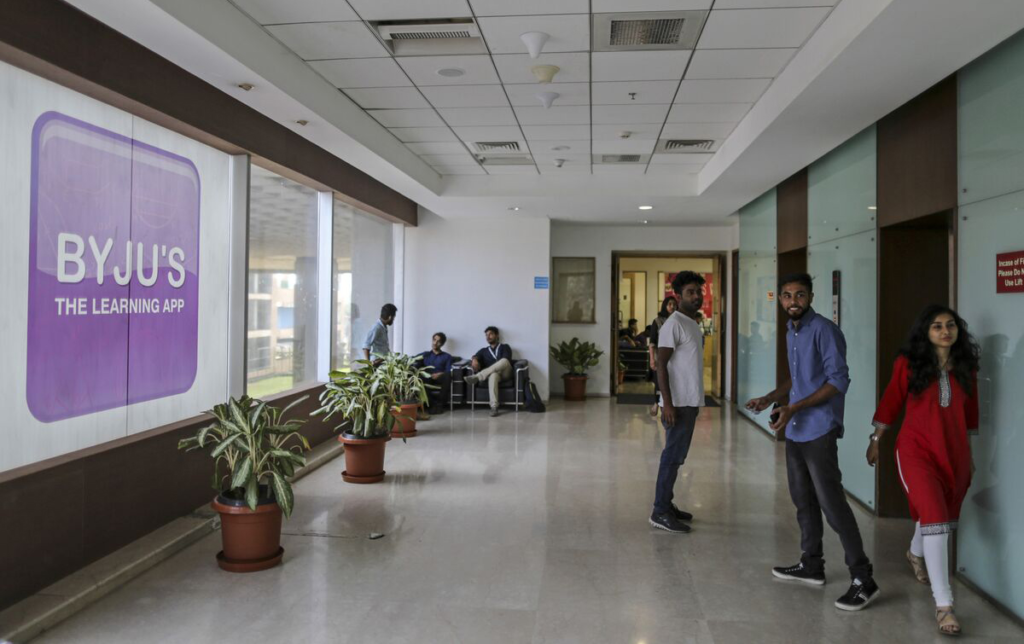Amnesty International called on Ethiopian authorities on Thursday to unblock access to several social networks, including Facebook, Telegram, TikTok, and Youtube, which have been inaccessible in Ethiopia since February 9.
“The Ethiopian authorities have been preventing people in the country from accessing certain social networks for a month,” which “clearly violates citizens’ rights to freedom of expression and access to information,” says Amnesty’s deputy regional director for Eastern and Southern Africa, Flavia Mwangovya, in a statement.
According to AFP journalists, the web pages of Facebook, Telegram, TikTok, and Youtube, as well as their mobile applications, were still unavailable in Ethiopia on Thursday.
Since February 9, the Open Observatory of Network Interference (OONI), a censorship detection organization, has noted the blocking of these social networks.
According to Amnesty, the blockages are in response to calls for protests by leaders of the Ethiopian Orthodox Church in the country in response to the recent establishment of a dissident synod.
Abune Mathias, the patriarch of the tewadeho Church – which represents about 40% of the country’s 120 million inhabitants – had criticized Prime Minister Abiy Ahmed for offering a form of recognition to the excommunicated “illegitimate group” and accused him of “interfering in religious affairs”.
Following a meeting between church leaders and Mr. Abiy, the demonstrations were eventually called off.
Neither the Prime Minister’s office nor Ethio Telecom, a 100% public operator, responded immediately when contacted by AFP.
In recent years, Ethiopian authorities have cut or restricted access to the Internet or specific platforms several times.
When confronted with a protest movement unseen in 25 years, the previous government did so several times between 2015 and 2017.
This has been the case since Mr. Abiy took office in 2018.
For two years, the northern region of Tigray was cut off from telecommunications due to an armed conflict with the federal government. Since a peace agreement was signed in November, networks have been partially restored.








